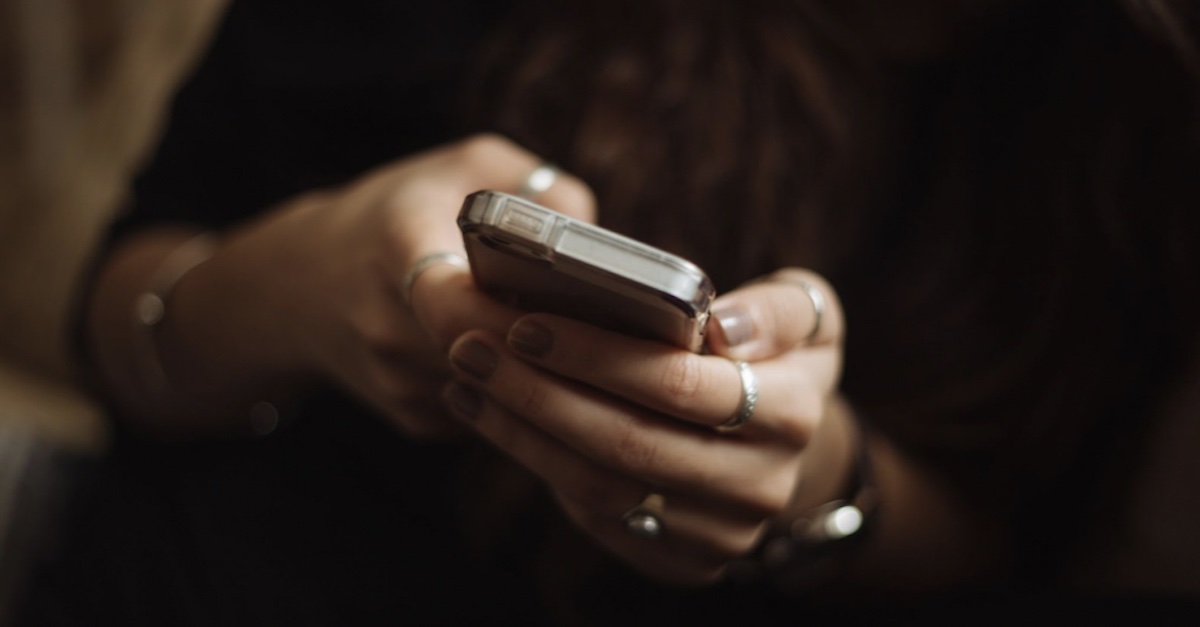
Sponsored content
In the middle of 2021, two casinos—West Flagler Associates and Bonita-Fort Myers—filed a controversial suit in the US federal court against the US Department of the Interior (DOI), the Seminole Tribe of Florida, and the Secretary of DOI, Debra Haaland. The private casinos alleged that Florida’s 2021 gaming compact with the Seminole Tribe—which provided the tribe exclusivity to online and mobile sports betting throughout the state—is unlawful, despite its approval by the federal government, because the compact violates the Unlawful Internet Gambling Enforcement Act, the Wire Act, and the federal Indian Gaming Regulatory Act.
The issue is unlikely to be resolved before 2022’s end, as attorney A. Jeff Ifrah of Ifrah Law notes: “Based on current projections, this case may take longer than expected. The US Court of Appeals for the District of Columbia Circuit has issued a timetable projecting that the case cannot be resolved in 2022.”
The lawsuit specifically claims that the federal government illegally approved the compact in August 2021 because the compact unlawfully permits online off-reservation sports betting, as customers need not be physically present on Seminole land to place a wager.
The lawsuit describes the compact as based on a “legal fiction,” in which the compact claims that the sports betting occurs “on tribal land” because the servers that handle the online bets are located on tribal land, even if the bettors themselves place wagers from elsewhere in the state of Florida.
To this point, the suit cited Florida Rep. Randy Fine’s controversial “betting in your bathtub” comment, which he made while acting as the Head of the House Select Committee on Gaming. Fine stated that the Seminole Tribe would be allowed to offer sports betting “where you can be sitting in your bathtub or sitting on your couch, thinking about a football game, and you can make a wager, regardless of where you physically are, on your cellphone.”
Another lawsuit was also filed by developer Armando Codina and auto retailer Norman Brama, which claimed that the federal government ignored Florida’s constitution to permit illegal off-reservation sports betting. Before both lawsuits, mobile sports betting had been operational for about three weeks until the Seminole Tribe suspended operations mid-December amid the legal controversy.
Despite the original lawsuit’s apparent sensitivity, considering the parties involved, it only received its schedule of events for the rest of 2022 in the middle of July, the contents of which make it unlikely a ruling will be handed down in 2022.
The Court of Appeals was set to receive opening briefs from the Seminole Tribe and the federal government by Aug. 17th alongside dates for both answering briefs and the amicus brief spread across October. Reply briefs for both the Seminole Tribe and the federal government are expected by November 14th.
Most notably, the court further informed all parties in the case that the oral argument and the merit panel composition will be done on a date to be communicated later.
However, noting the case’s urgency, the court instructed all parties to deliver paper copies of their briefs by the specified dates. The court warned that filing the briefs via mail may be inefficient and delay the rectification process.
Based on the typical court process, a ruling is not to be expected until 2023.
[Image via Pexels]